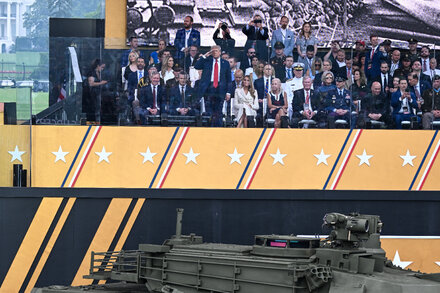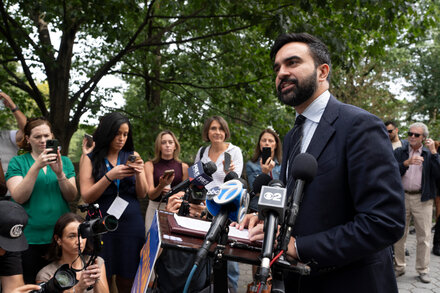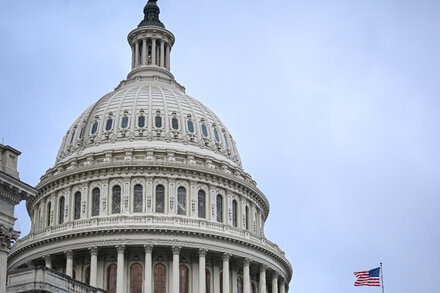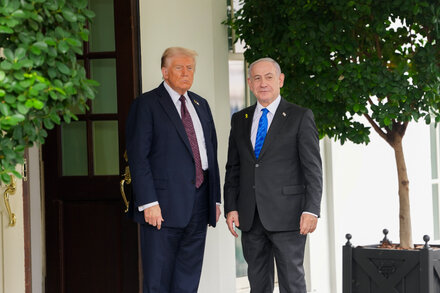
A burgeoning debate surrounding the concept of “dangerous cities,” the potential deployment of the U.S. military, and interpretations of the Founding Fathers’ intent has intensified, largely fueled by statements from former President Donald J. Trump.
The discussion centers on the role of federal power in addressing issues within urban centers, particularly in situations perceived as escalating crime or civil unrest. Mr. Trump has repeatedly articulated a vision for restoring order in what he describes as failing or dangerous cities, suggesting a willingness to use federal resources, including the military, to achieve this.
“We cannot stand idly by while our great cities descend into chaos and anarchy,” Mr. Trump was quoted as saying at a recent rally. “The safety of American citizens must be the paramount concern, and if local leadership cannot or will not act, the federal government must step in with all necessary force, including our tremendous military, to make our communities safe again. This is what the Founders envisioned: a government that protects its people.”
The prospect of deploying active-duty military personnel domestically to address civilian issues raises significant constitutional and legal questions. The Posse Comitatus Act generally prohibits the use of the U.S. military for law enforcement purposes within the United States, although exceptions exist, such as those under the Insurrection Act, which allows the President to deploy troops in specific circumstances to suppress insurrection or enforce federal laws.
Military leaders have historically expressed caution regarding such deployments, emphasizing the distinct missions of the armed forces and domestic law enforcement. While National Guard units, which can be federalized, have frequently been deployed in support of civil authorities, the regular military’s involvement is typically reserved for extreme emergencies.
A retired four-star general, speaking on condition of anonymity due to ongoing political sensitivities, remarked, “Our military is trained for warfighting, not policing. While we serve to protect the nation, the line between federal and state authority, and the role of the military versus civil law enforcement, is a foundational principle of our republic, carefully drawn by those who founded it. Any discussion of domestic deployment must be undertaken with extreme care and respect for those boundaries.”
The invocation of the “Founding Fathers” serves as a crucial touchstone for both proponents and opponents of expanded federal intervention. Supporters argue that the framers intended a strong central government capable of ensuring domestic tranquility and protecting citizens when states fail. Critics, however, contend that the Founders were deeply suspicious of standing armies and centralized power, favoring a system of federalism that limited the federal government’s reach into state and local affairs and protected civil liberties.
Constitutional scholars are closely watching the dialogue. “The balance of power between federal and state governments, and the limitations on military involvement in civil affairs, were hotly debated during the nation’s founding,” noted Dr. Evelyn Reed, a professor of constitutional history. “The framers deliberately designed a system to prevent the very kind of overreach that some fear could result from broad domestic military deployment. Arguments about their original intent are complex and rarely provide simple answers for modern challenges.”
As the debate continues, it highlights enduring tensions over federalism, executive power, civil liberties, and the appropriate tools for maintaining public order in a democratic society.
Source: Read the original article here.





